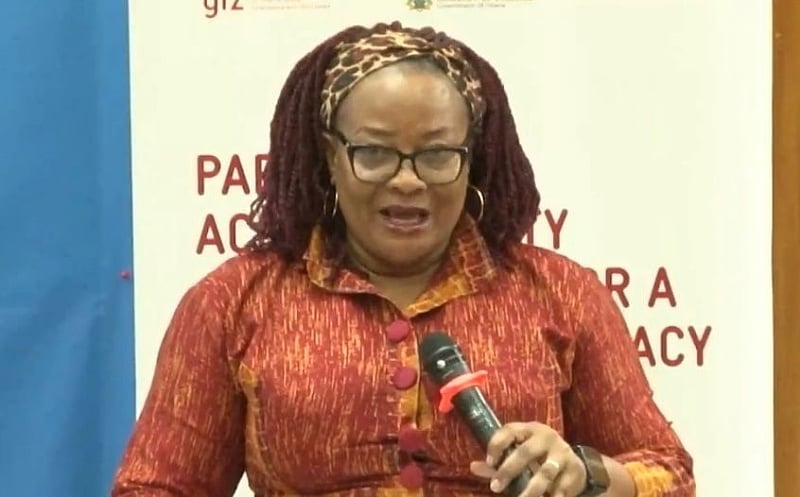The fight against corruption in Ghana demands a concerted national effort, transcending governmental boundaries and encompassing all sectors of society, according to Mary Awelana Addah, Executive Director of the Ghana Integrity Initiative (GII). She highlighted the nation’s stagnant progress in combating corruption despite decades of democratic rule, a concern underscored by Ghana’s consistently low scores on Transparency International’s Corruption Perceptions Index, hovering around 42-43 in recent years. This persistent corruption, Addah argues, erodes investor confidence and undermines public trust in governance. Speaking at the launch of stakeholder engagements on the National Ethics and Anti-Corruption Action Plan (NEACAP), she emphasized the need for a collective commitment, moving beyond mere rhetoric and embracing a genuine partnership between leaders and citizens.
Addah’s call for a united front against corruption underscores the inadequacy of government-led initiatives alone. She advocates for a comprehensive strategy that incorporates the active participation of civil society organizations, private sector entities, traditional authorities, and individual citizens. This inclusive approach, she believes, is crucial for developing a robust and effective anti-corruption plan that addresses the root causes of the problem and fosters a culture of integrity. The NEACAP, she argues, represents a critical step towards safeguarding public resources and rebuilding public faith in governance, but its success hinges on the collective ownership and commitment of all stakeholders.
The persistent challenge of corruption in Ghana, as highlighted by Addah, is not simply a matter of inadequate laws or enforcement mechanisms. It reflects a deeper societal issue, a systemic problem that permeates various facets of public life. Therefore, combating corruption effectively necessitates a fundamental shift in mindset, a cultural transformation that prioritizes ethical conduct and accountability at all levels. This transformation requires a collaborative effort, with each sector of society playing a crucial role in shaping a culture of integrity and promoting transparent practices. The NEACAP, in this context, serves as a framework for this collective action, providing a roadmap for achieving a corruption-free society.
The emphasis on inclusivity in the development and implementation of NEACAP is paramount. Ensuring that all voices are heard, that all communities are represented, and that no citizen is marginalized is essential for creating a truly effective anti-corruption strategy. This participatory approach not only enhances the legitimacy and ownership of the plan but also allows for the incorporation of diverse perspectives and experiences, leading to a more comprehensive and context-specific approach. The active involvement of civil society, in particular, is crucial for ensuring accountability and monitoring the implementation of the plan, holding both public and private actors responsible for their actions.
The GII, under Addah’s leadership, has pledged its support for the implementation of NEACAP. This commitment underscores the vital role of civil society organizations in the fight against corruption. They serve as watchdogs, holding power to account, advocating for transparency, and promoting ethical conduct. Their involvement in the NEACAP process will be crucial for ensuring its effectiveness and ensuring that the plan translates into tangible improvements in governance and a reduction in corruption. Their expertise in advocacy, research, and community mobilization will be invaluable in driving the necessary societal changes.
The launch of the stakeholder engagements for NEACAP marks a significant milestone in Ghana’s ongoing fight against corruption. It represents a renewed commitment to addressing this pervasive challenge and a recognition of the need for a collective and inclusive approach. The success of this initiative, however, will depend on the sustained engagement and collaboration of all stakeholders, the unwavering commitment of leadership, and the active participation of citizens. The ultimate goal is to create a society where integrity, transparency, and accountability are not just aspirational values but are ingrained in the fabric of public life.














